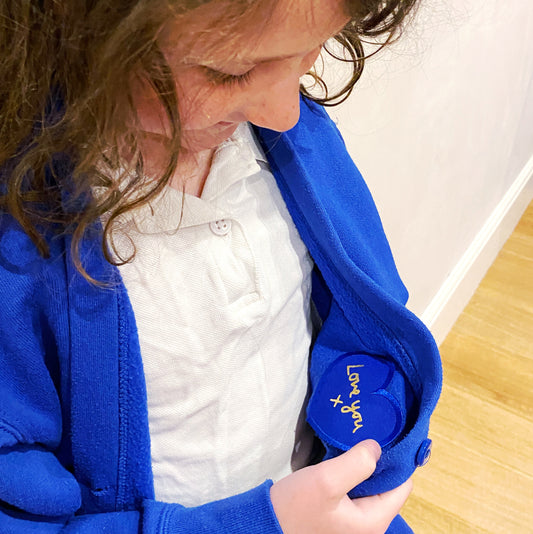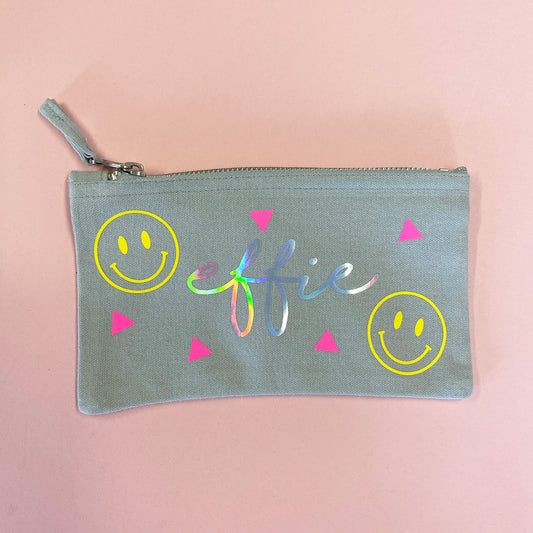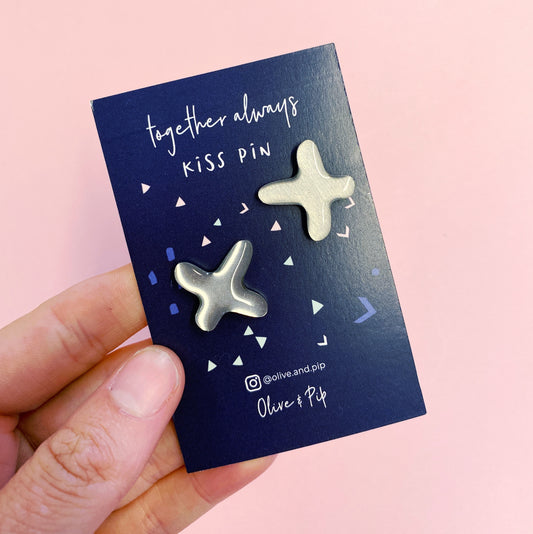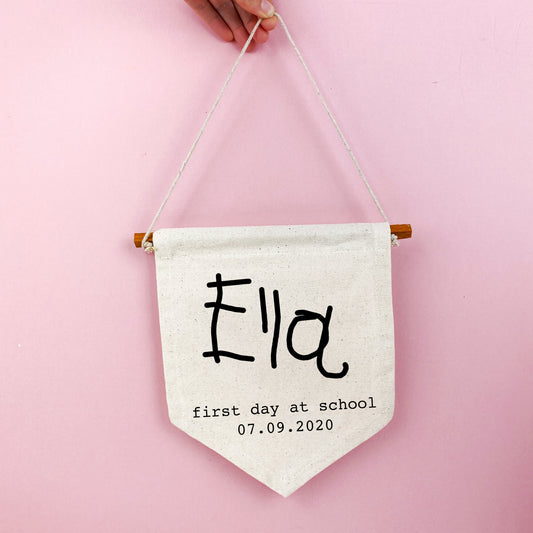The first day of primary school is a big adventure for young children, filled with a mix of emotions. Just like a rollercoaster ride, they may feel excited, nervous, curious, and even a little bit scared. It's completely natural for them to experience this whirlwind of emotions as they embark on this new chapter of their lives.
As parents, we want to ensure our little ones are prepared to start this exciting journey. It’s very easy to get bogged down with what you think your little one’s should be able to do before they start school- you might be worried they can’t write their name yet or that they struggle to count, but please don’t worry about the academics because this is what school is for! Instead focus your efforts on emotionally preparing them because if they have a good understanding of what school is all about, they will be much more likely to settle in feeling safe and secure, and ready to explore and learn!
This is a pretty big topic so I have decided to split this over 4 posts. I will add one a month (with the last being for after they have started) and they will each give you some easy tips to try during that month with your child.

My top tips for this month!
By now you will probably have an idea of which primary school your child is going to (unless you are waiting on a place). But either way this is a great time to start dropping school into conversation. You don’t want to overwhelm them but there are some great ways to get your child thinking ahead.
You want to start making school a “safe” place and not a “scary” place for them in their minds. Try these 3 things...
- Avoid saying things like; “you won’t be able to do that when you go to school” or threatening to tell their teachers about their behaviour- this creates an image in their mind about a scary place where they are likely to get told off (don’t worry if you have already done this there’s still plenty of time to turn things around!)
- Instead you can mention school when they do something positive like a lovely drawing - “Wow that’s such a lovely drawing, I bet you will get lots of time for drawing when you start school”
- Tell them stories about things you enjoyed when you went to primary school
This is an important one so we have plenty more tips to come on making school feel like a safe and fun environment over the next few months!
Something else you can start now is helping them to be independent.
- Encourage them to put on their own shoes and coat, use the bathroom on their own, and how to open their lunch box (if they will have one) or packets of food like bags of crisps. This will boost their confidence, and help them find the school day a little easier (but please don't worry if they are unable to do these things yet!). You might want to choose one task to work on at first and make it part of your daily routine.
Top tip: if your child is showing signs of being overwhelmed or anxious about the thought of school you don’t need to relate these tasks to school (because they may feel pressured to succeed or worried about what will happen if they are not able to do these).
That’s it from me for now! Keeping things nice and simple and easing your children gently into the idea of starting school.
Here's a little bonus bit for those who might find it useful!
Supporting your children to use the toilets at school

For many parents the thought of their children using the toilets independently at school can be a worry especially if they get a lot of support at home. We asked Susan from Little Life Steps if she could share some tips on toileting at school...
1) Asking to go to the toilet
Some children may not want to put their hand up to announce they want to go to the toilet. Practise this at home through play so they can get used to it.
2) Bottom wiping!
You could highlight the importance of wiping from front to back, using the right amount of pressure, and reaching all the areas.
3) Using the toilets at school
Sometimes, children are fearful of certain aspects of the toilets-such as the loud sound of hand dryers. Here's my top tip if they do have a hand dryer which you can practice in the run up to September.
Give them something to occupy their mind- counting 1,2,3 or singing a song out loud 🎵🎵
What number can they count to before the dryer stops? Can they get to the end of the song before it stops? This can reassure them as it tells their brain it will be coming to an end.
3) Hand washing
Many school days are lost each year due to the common cold and this is preventable by good handwashing techniques and knowing the common areas of the hands missed by children. Show them how to wash their hands (you can use this fun video and rhyme)
4) Nappies
Susan also offers some free tips on supporting your children with toilet training here but please speak to your childs school if you are worried about this and they will be able to tell you what their process if for children in nappies and how they can support you.
Little Life Steps is running a free Super School Ready Course. It's full of information and tips on how you can encourage your child to use the school toilets amongst other things, find out more here.
Thank you so much Susan for your top tips!
What's next?
I hope you have found this helpful, we will be back again at the start of July with some more tips and advice for helping your children feel emotionally prepared for primary school 😊
If you aren't already on the mailing list make sure you sign up here to get a notification in your inbox for Part 2!





